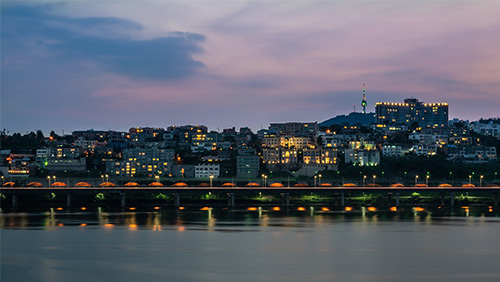Year-on-year turnover at South Korea’s foreigner-only casinos increased slightly from 2017 to 2018. According to the country’s gambling regulator, the National Gambling Control Commission (NGCC) the figure grew to about $1.38 billion last year, after finalizing 2017 at just $1.027 billion. The 2017 total was a dip from the previous year and the fluctuation in turnover has not yet been explained by the NGCC.
 The annual turnover last year for foreigner-only casinos was right at 7.26% of all the gambling turnover for the country. The numbers show that the 16 casinos included in this segment saw just over 2.8 million visits across the year, up from the 2.22 million a year earlier.
The annual turnover last year for foreigner-only casinos was right at 7.26% of all the gambling turnover for the country. The numbers show that the 16 casinos included in this segment saw just over 2.8 million visits across the year, up from the 2.22 million a year earlier.
While the foreigner-only casinos saw an improvement last year, the only casino to accept locals didn’t do as well. The Kangwon Land Casino (KLC) saw its turnover drop to $1.18 billion compared to the $1.29 billion from 2017. This came as the venue saw a decline in visits, only logging 2.85 million last year after having recorded 3.12 million a year prior.
It had been “suggested” to Kangwon Land Inc., the company that operates the casino, that it moderate better the growth of the venue’s activity. Since April 2018, it has cut back on the opening hours and dropped its mass gaming tables to a maximum of 160 from the previous 180. As a result, its revenue dropped substantially in the last quarter of 2018, when the venue only took in $16.9 million for a decline of 75.8% year-on-year.
As drastic a drop as that was, the casino isn’t staying down. According to its earnings report for the first quarter of 2019, year-on-year sales dropped by about 0.3%, but net profits increased by 13.3%.
While the NGCC didn’t mention the reason for the fluctuation in gaming revenue for the past few years, the answer can easily be found elsewhere. In 2017, the country brought in an anti-aircraft missile system that was supplied by the U.S. This didn’t sit well with China’s government, which brought to a halt visitation rights for the country’s citizens to take trips to South Korea. As a result, there was less visitation and less gambling in 2017.